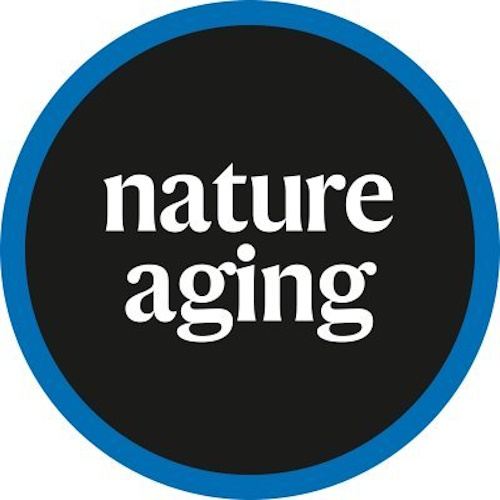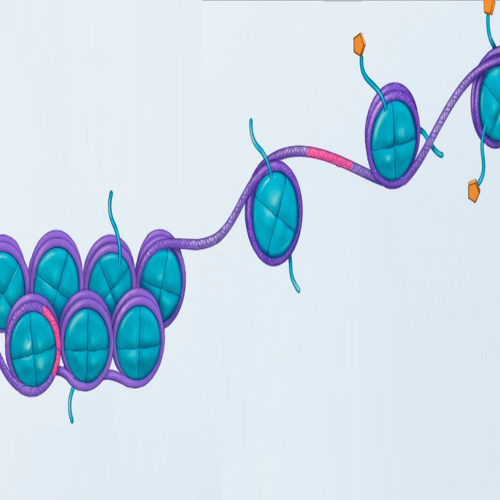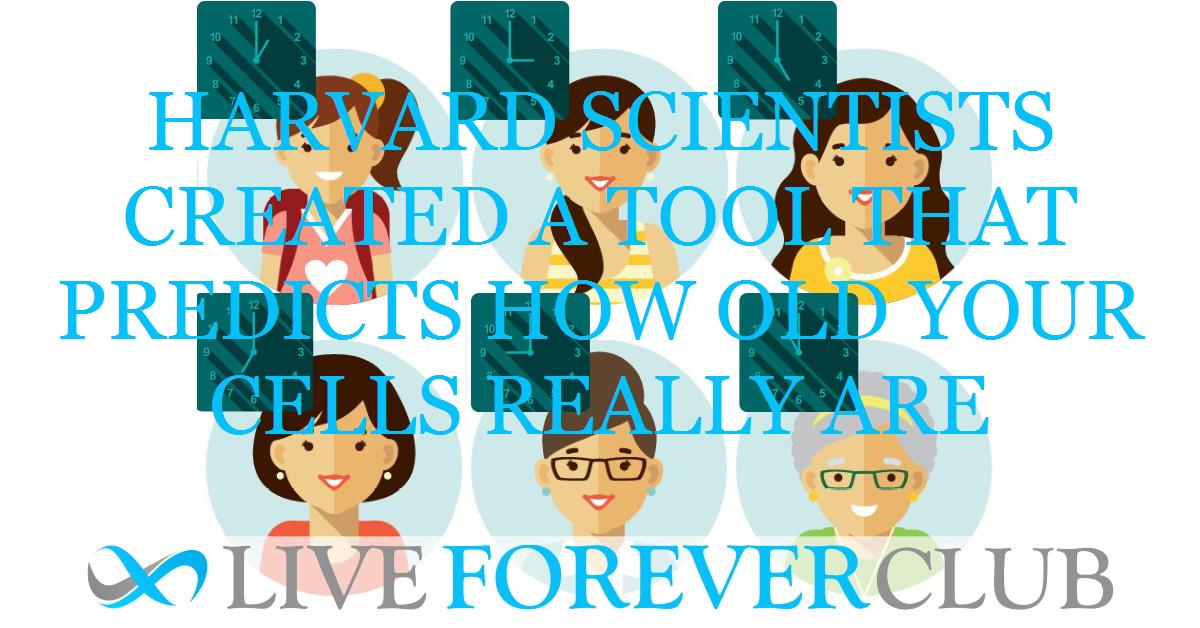Key points from article :
Harvard researchers at Brigham and Women’s Hospital have developed an epigenetic clock using machine learning to predict biological age from DNA, capable of distinguishing between genetic changes that either accelerate or decelerate ageingf.
The novel clock, unlike previous models, can differentiate between DNA methylation patterns that cause ageing and those merely associated with it, aiming to assess the efficacy of anti-ageing interventions more accurately.
Utilising an epigenome-wide Mendelian Randomisation on over 20,000 DNA sites, the study identified specific changes in DNA methylation that correlate with ageing-related traits such as lifespan, health span, and frailty, leading to the creation of three models: CausAge, DamAge, and AdaptAge.
By analysing blood samples from thousands of individuals in the Generation Scotland Cohort, researchers mapped human DNA sites causing biological ageing, which helps in identifying biomarkers for ageing and evaluating different longevity interventions.
The clocks were validated using data from the Framingham Heart Study and the Normative Aging Study, demonstrating that DamAge correlates with adverse health outcomes, while AdaptAge is associated with longevity, further evidenced by testing on reprogrammed stem cells and biological samples affected by chronic conditions and lifestyle choices.
The results of the research were published in the journal Nature Aging.







